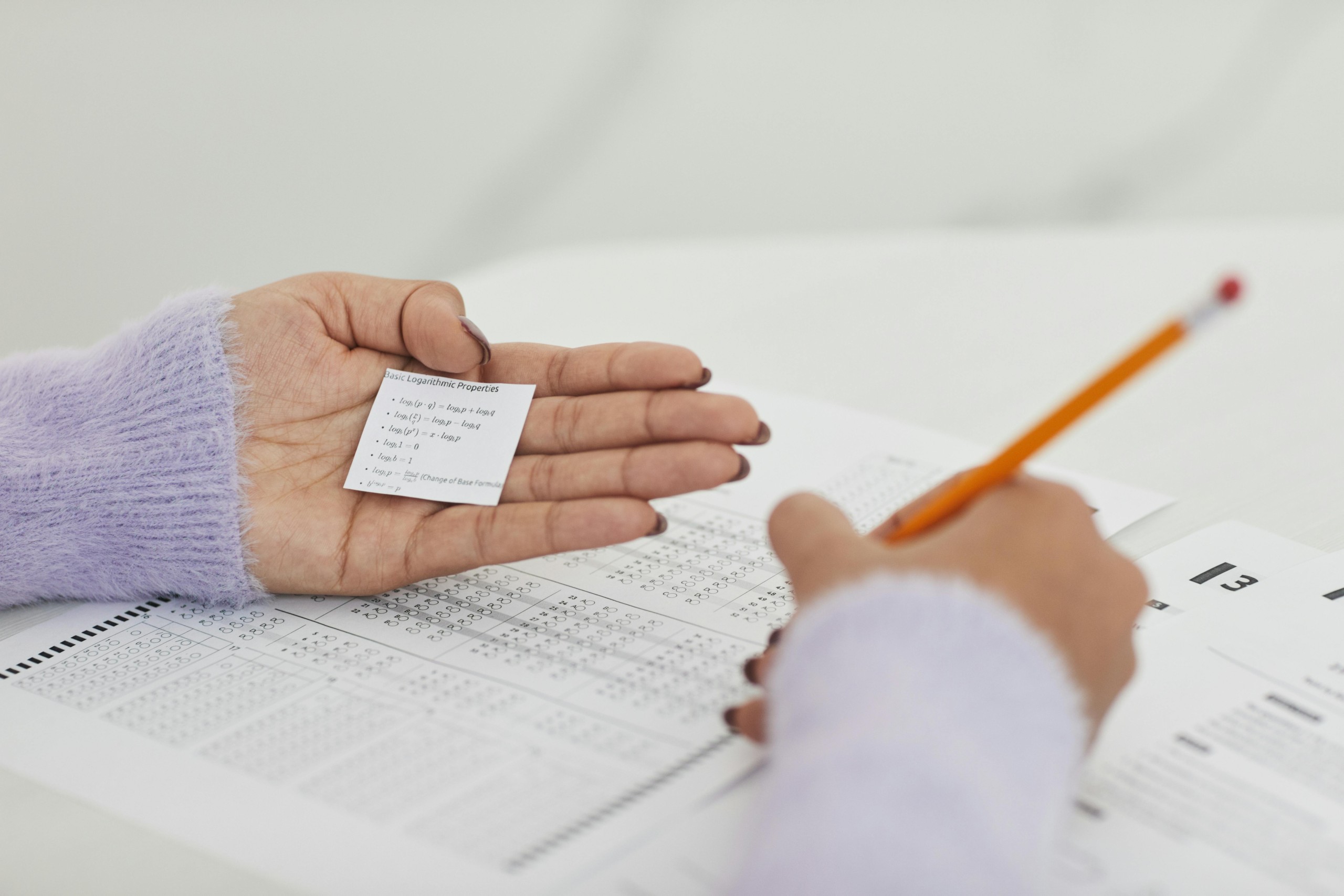The rapidly evolving technology of artificial intelligence (AI) has taken the world by storm, with education being significantly impacted. AI has led to excitement among students, but trepidation among educators. Concerns regarding its misuse by students are warranted; however, with shifts in educational practices, AI can become a valuable tool for educators and students.
As a learning scientist, I am frequently dismayed by the emphasis on outcome versus process in education. Grades tend to be valued over all else.
However, learning involves a process that occurs over time through the repeated practice of a skill. Moreover, the learning process requires that complex skills are broken down into fundamentals and practiced to mastery before a learner moves to higher-level skills.
Unfortunately, this essential learning process goes unexamined in most educational settings. The most essential aspect of the learning process is that period that goes largely undetected, where students are expected to study content on their own. It is during this critical period that learning must take place; however, many factors interfere with a student’s ability to effectively learn the content expected.
Without ongoing analysis of the learning process, educators cannot glean if their students are learning the material until after the students are tested. At that point, it’s too late to intervene because educators must move students on to the next content area, even if most performed poorly on the test.

This cycle encourages cheating. When students struggle to learn content with no intervention provided and grades are emphasized above all else, students are more likely to look for ways to perform well, even if the content hasn’t been learned. Cheating becomes the only way to access a good grade.
When students haven’t mastered the fundamentals over time, we shouldn’t be surprised that they are inclined to use AI to complete assignments because they don’t have the skills to complete them on their own.
Cheating is a symptom of a lack of skill mastery and a history of ineffective instruction.
Rather than blaming students for cheating, we should be evaluating the educational environment that has led them to cheat in the first place.
Ensuring that all students truly master fundamental skills requires individualized instruction, which is how AI becomes an invaluable tool for educators. The learning process occurs at the level of the individual. Students require different kinds of interventions to master a skill. These characteristics of the learning process place a significant burden on educators, but AI can be effectively and efficiently used for the design of individualized curricula. It can be used to break skills down into smaller components by quickly generating curriculum materials, which enhances an educator’s ability to individualize instruction for every student in a class.
AI also has vast implications for enhancing writing instruction – a skill that most students fail to master by the end of high school. If used in combination with repeated practice of the fundamentals of writing:
- AI can quickly generate models of effective essay writing that students can use to improve their own essays.
- Students can try to “beat the machine”, where they work to write a better essay than the one generated by AI.
- Students can engage in critical analysis of AI-generated writing samples, such as identifying the effective and ineffective writing elements.
- AI can also be used as a tool to teach effective editing skills. Using AI, educators can quickly generate errorful writing samples and have their students practice identifying and correcting the errors.
AI is out there whether educators like it or not.
Thus, we must identify effective ways to incorporate AI into the teaching process. Moreover, the increased frequency of cheating with AI should lead educators to consider why students tend to cheat in the first place.
By reforming educational practices such that the learning process is valued, and students are provided with the individualized instruction required to truly master skills, cheating will become unnecessary. Students will learn to value mastering a skill over getting a good grade.


